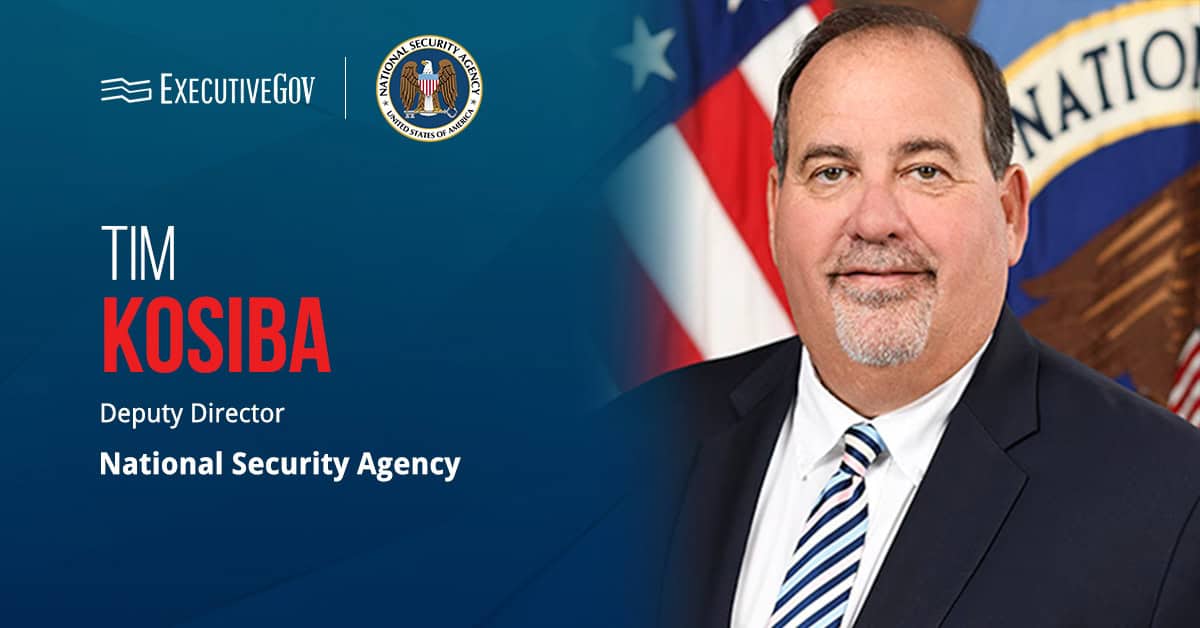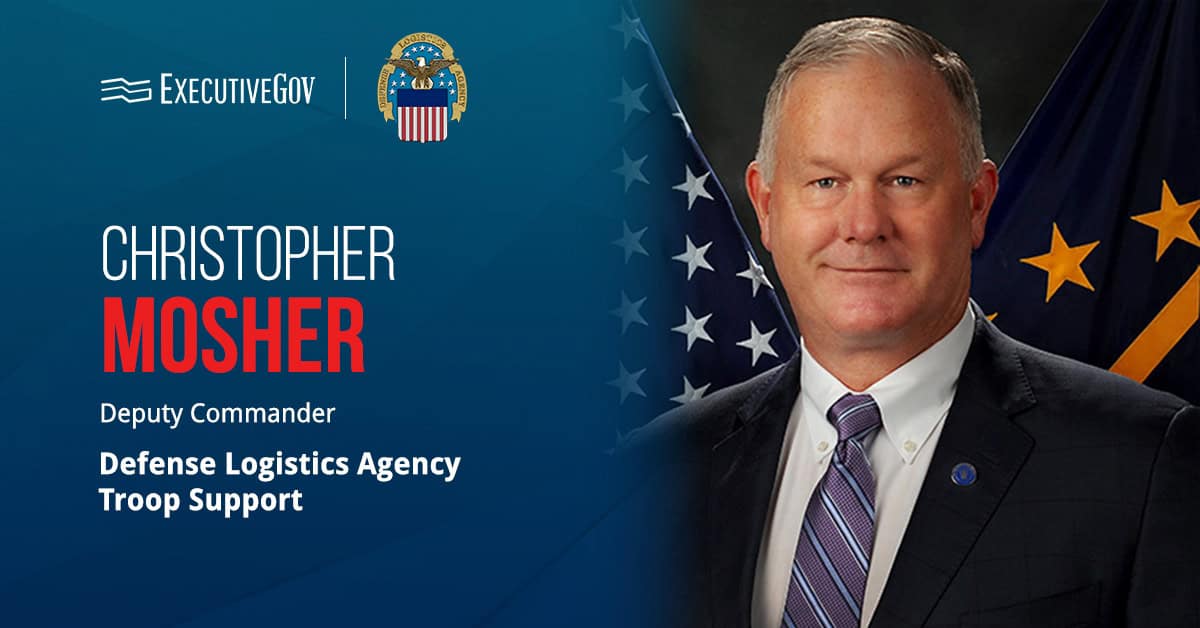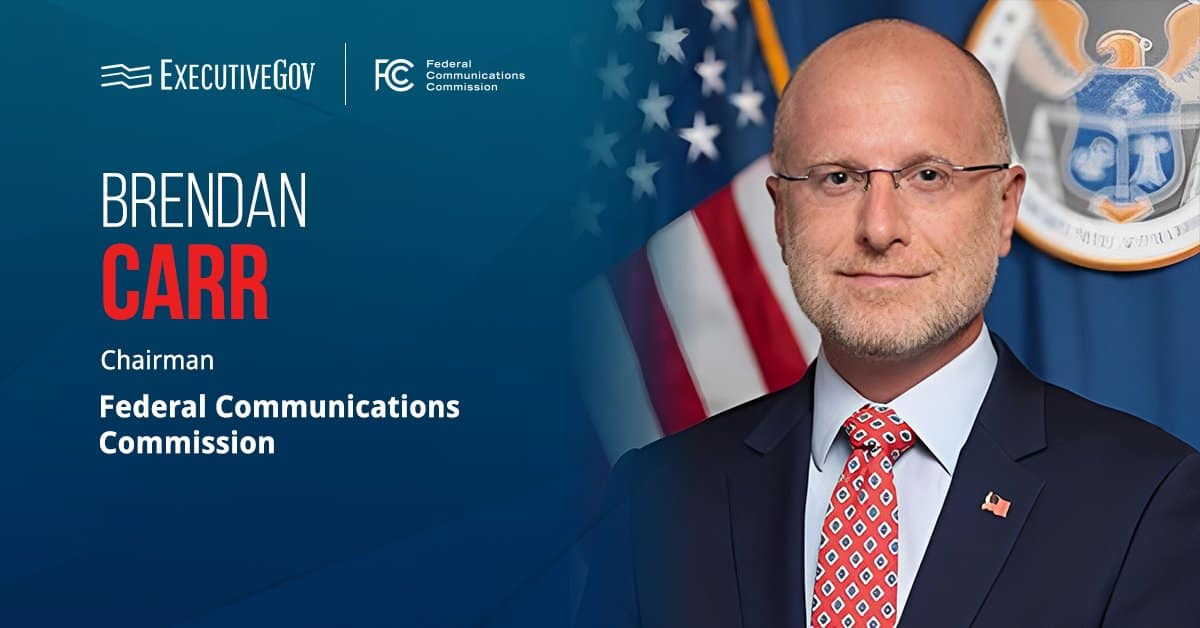
The Department of Energy has posted a request for information to obtain information on novel equipment designs that could help mitigate the water intensity of thermoelectric power plants by 2030.
DOE said Monday it invites manufacturers, utility companies, engineering and design firms to build approaches that will lower water usage in future power facilities as part of the Water Security Grand Challenge.
Mark Menezes, DOE undersecretary, said the program aims to optimize thermoelectric cooling through the employment of new technologies.
Interested vendors have until June 9 to submit their responses to the notice. The department seeks to address the need for secure and affordable water by conducting competitions and research and development initiatives.





